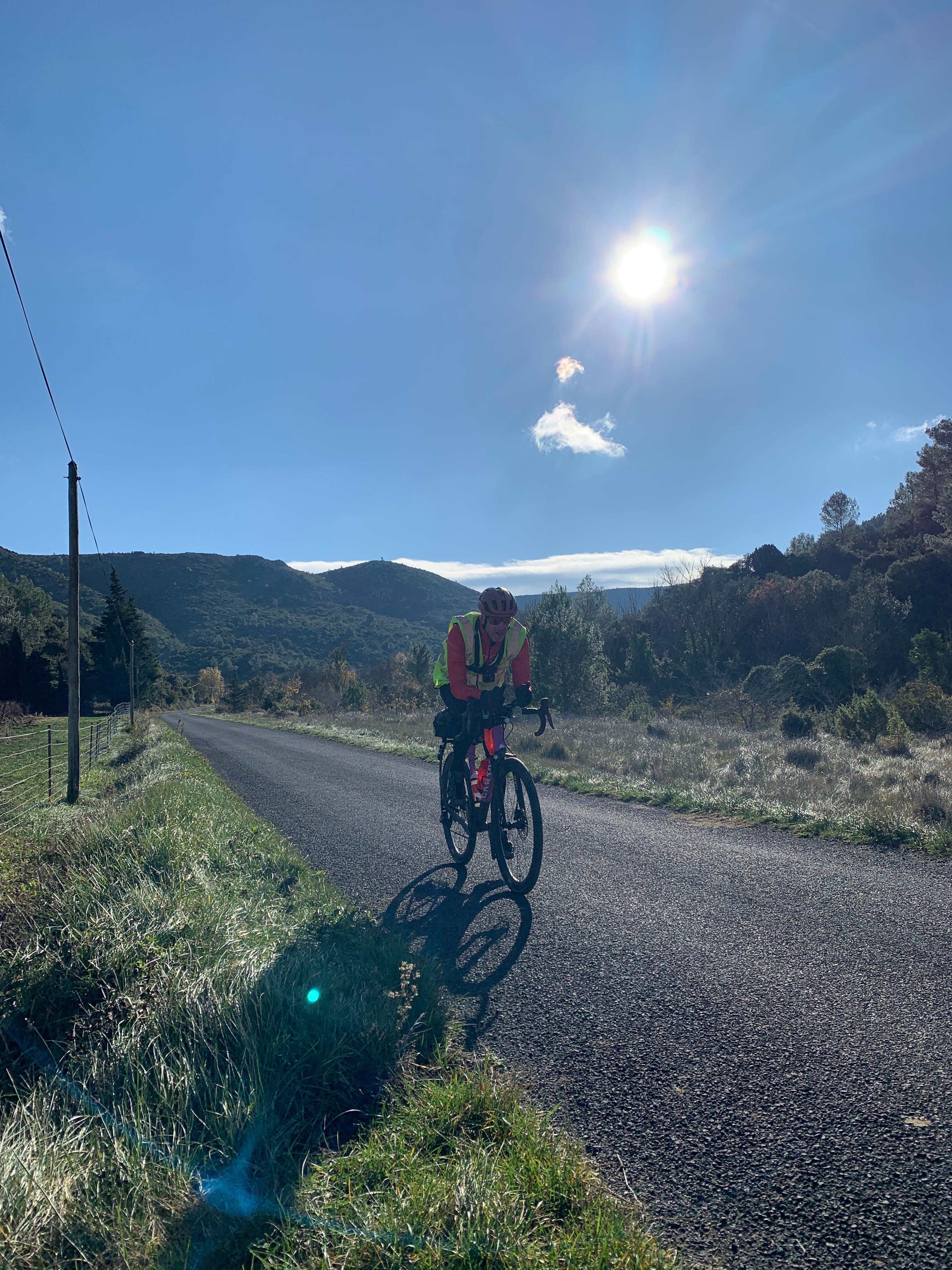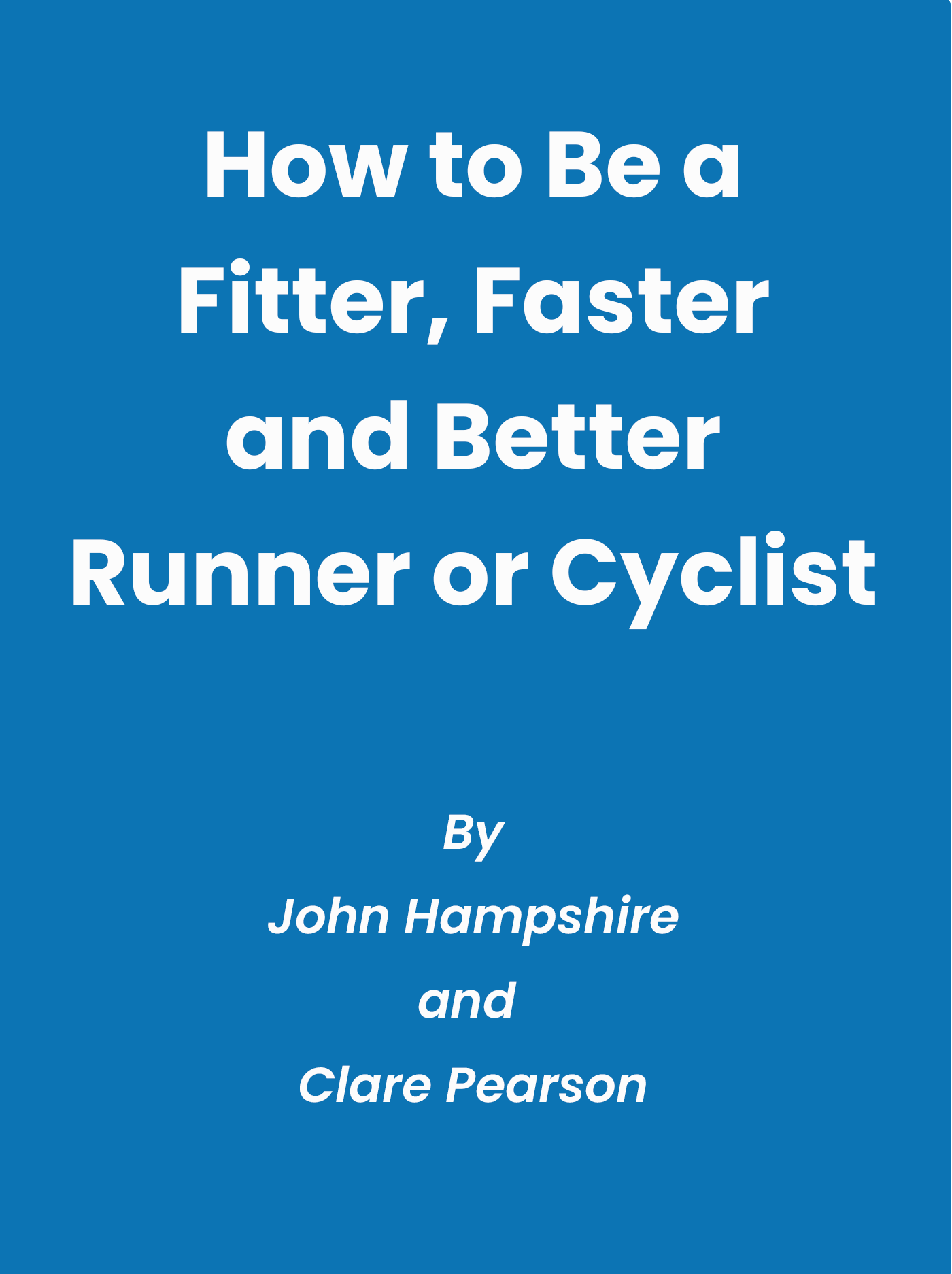How Many Ultra Cycling or Running Events Can I Do Each Year?

Doing your first ultra cycling or running event can be an amazing experience, so much so that having done one your mind immediately starts to wonder about the possibility of another. So how many ultra events can you do in a year? Here are some things to consider:
What Have You Done Before?
If you have never done any ultra distance riding or running before then it's usually a good idea to plan cautiously rather than committing at the outset to a lot of events you might then not be able to start/complete.
To do this you will need to allow yourself plenty of time to recover from your first ultra. As you have never done one before you will not yet know how long it will take you to recover. In particular it typically takes the body longer to recover from new things.
The safest option is to 'wait and see,' so do your first ultra and when you feel recovered from that you can start to think about planning for your next one.
This doesn't mean that you can't have an idea of some other ultras you would like to do, but keep your options open.
If you have some experience of ultras, then a good strategy is to think about how long (and hard) the events you have planned are relative to how long (and hard) you have done before. Whilst not the only thing to consider, all else being equal you are likely to have some idea of how you will recover from an event if you have done something similar before; if the event is considerably less onerous than previous events you can even expect to recover more quickly, bearing in mind the points below.
What are your success criteria for your events?
Once you have an idea of how you recover from events you might consider planning a year or season ahead; for things like Paris-Brest-Paris, UTMB there are certain qualification criteria which mean you will have to do some long (ultra) qualifying events. So the next thing to consider is your success criteria for each of the events you are thinking about doing. The more events you do and the closer together they are the less likely you are going to be able to perform your best for each one.
Some people like to enter some events as 'practice events' to help give them an idea about how their training is going and if they are on target for their main event of the season. Other people prefer to have one or two events where they have the chance to perform their absolute best. Others still just love being part of an event and their success criteria is to do as many as possible, so long as they take part (and finish) the event is a success for them.
The higher expectations you have of your performance, the more space and time you will need between events in order to recover and do a bit of training to get ready for the next one.
How Hard Did You Go?
The harder you push yourself the longer it is going to take you to recover regardless of your experience.
How hard you push yourself is not necessarily related to external outcomes like time/placing. Sometimes an event is just hard; difficult weather conditions, difficult terrain as well as how much of your resources you used during the event will all dictate how hard you went. Your resources can also be linked to how rested you were for your event (so if you hadn't fully recovered from one ultra then the next one may be harder and you may need longer recovery time).
How hard you went will also depend on how prepared you were for the event. So if your preparation did not go to plan and you went into it feeling less fit that you had hoped and/or than previous events you are likely to have to push harder than you planned.
Cycling or Running?
Any ultra creates fatigue and some associated trauma. Running also creates more musculo-skeletal damage than cycling which may take some time to recover from; starting back too early can pave the way for injuries and niggles that turn from acute to chronic.
This is not to say that cycling is without risk. Waiting until any abrasions, niggles or problems that have come up during any event have gone before thinking about your next ultra is always the sensible and safest option.
How are You Recovering from Your Last Ultra?
As you progress through the process of recovery from your ultra will start to get some idea of how things are going. Whilst recovery isn't linear and there is always a chance of a setback, 4 weeks in you are likely to have an idea of:
- how injuries and abrasions are healing
- whether your motivation to train is returning
- whether your energy for day to day activities is returning
- whether you are ready to ride/run and at what level.
Other Health Considerations
General health considerations can affect your ability to recover and therefore your readiness (or not for another event). These include:
- Whether you were ill immediately after (or even during) the event
- Whether you have pre-existing medical conditions
- Stress levels - high levels of cortisol and other hormones caused by stress can affect your ability to recover
Summary
All these things considered the key when planning your season is to think about your own individual abilities, success criteria and fitness.
In addition to this being flexible in your approach to the plan so that if you don't recover as you expect or planned you can give yourself more time before your next event.
Doing too many events too close together can be a good way to get over-trained: 'If in doubt, leave it out.'
Not sure whether your season plan is realistic? why not book a free 20 minute consultation with no commitment to see how we can help you?
Subscribe to our blog
Please share with your friends
Other articles you might like
June 18, 2024

Comments